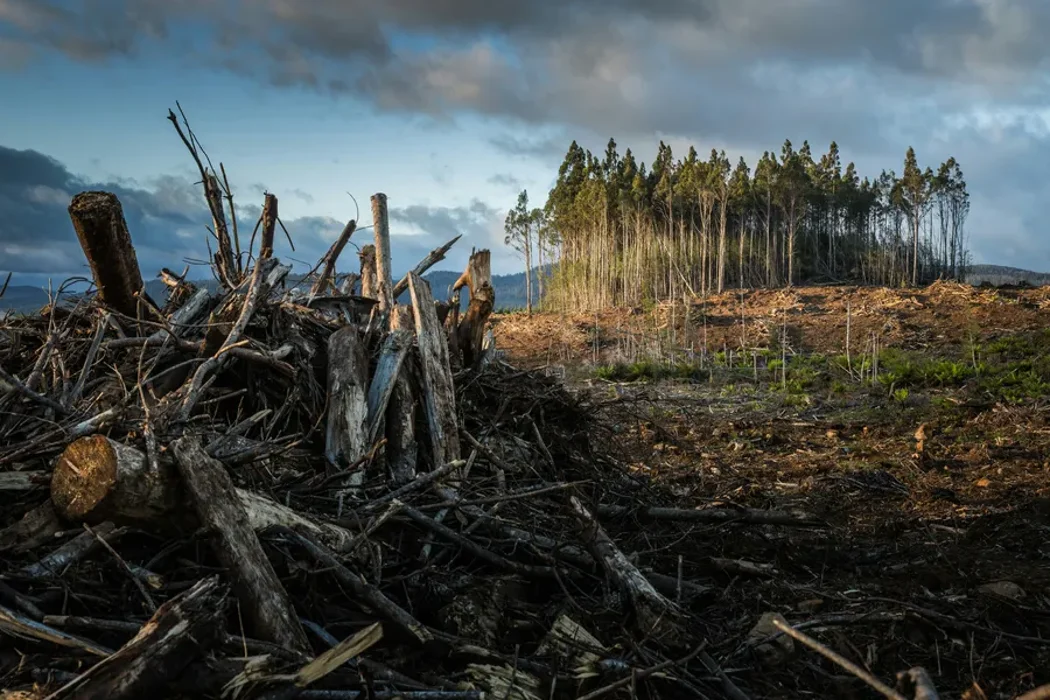Climate change - it's happening
While in the UK the choice of how we spent our summer may have been influenced by the latest destination trending on Instagram or TikTok, equally it could be a result of more mundane factors, from lack of cash to lack of annual leave, to travel accessibility, family plans or pressures.
Others around the world are not so lucky.
-
Crippling drought in Zambia, Zimbabwe and elsewhere in Africa brought widespread crop failure and starvation
-
China experienced a double-whammy of severe flooding in the south and extreme temperatures and drought in the north
-
California and Arizona are bracing for the most intense heatwave in a run of devastating conditions for wildfires and blazing temperatures
-
Fire services in Australia are warning of increased bushfires this coming Spring season
-
Japan and many other nations record the hottest August ever
-
A Greek village submerged because of damming reemerged due to prolonged drought
Closer to home, this summer the UK saw the 11th year since the 1960s of temperatures reaching almost 35C, with eight of those falling since 2008 and of which six occurred in the past decade.
The impacts of climate change are being felt everywhere. Indeed, the number of people in the UK saying 'we are already feeling the effects of climate change' increased from 41 per cent in 2010 to 73 per cent in 2019, according to an Ipsos study.
While the human impacts of and growing consensus around climate change are increasingly evident, what is perhaps less obvious is the breakneck speed at which climate change-related events are occurring.
Our chance to act is disappearing, fast.
Climate scientist Edward Hawkins' 'warming stripes' chart shows the change in average annual global temperatures since 1850, compared to an average of the years between 1971-2000, with the dark red on the right showing the particularly rapid heating of the planet over recent decades.
One look at the most recent chart confirms, as Hawkins says, that '2023 was off the end of the scale'.
2023 was the hottest year on record for many countries around the world, and the second hottest for the UK after 2022. In the UK we've also just experienced the wettest 18 months since records began in 1836, with future atmospheric warming likely to bring more moisture in the air and more rainfall, according to the Met Office.
Weather events such as El Nino and La Nina do play a part, but the science on climate change is irrefutable.
And, as we go into the final quarter of this year, it is predicted that records will reveal 2024 to have been even hotter and wetter.
If we don't find ways to reduce greenhouse gas emissions from whatever source - whether that's stemming the development of new oil fields, reducing the burning of fossil fuels for our homes and cars, preventing deforestation and environmentally-destructive agriculture, to tweaking our holiday habits and current lifestyles - we risk next year's entry to the warming stripes being a very dark blood red indeed.
This is our opportunity. As Hawkins says: 'The climate stripes are all about starting conversations about climate change, and 2024 has to be the year we turn conversations into faster action.'
In our next article in this series, discover what we can do collectively to move the dial on climate change in the right direction.

